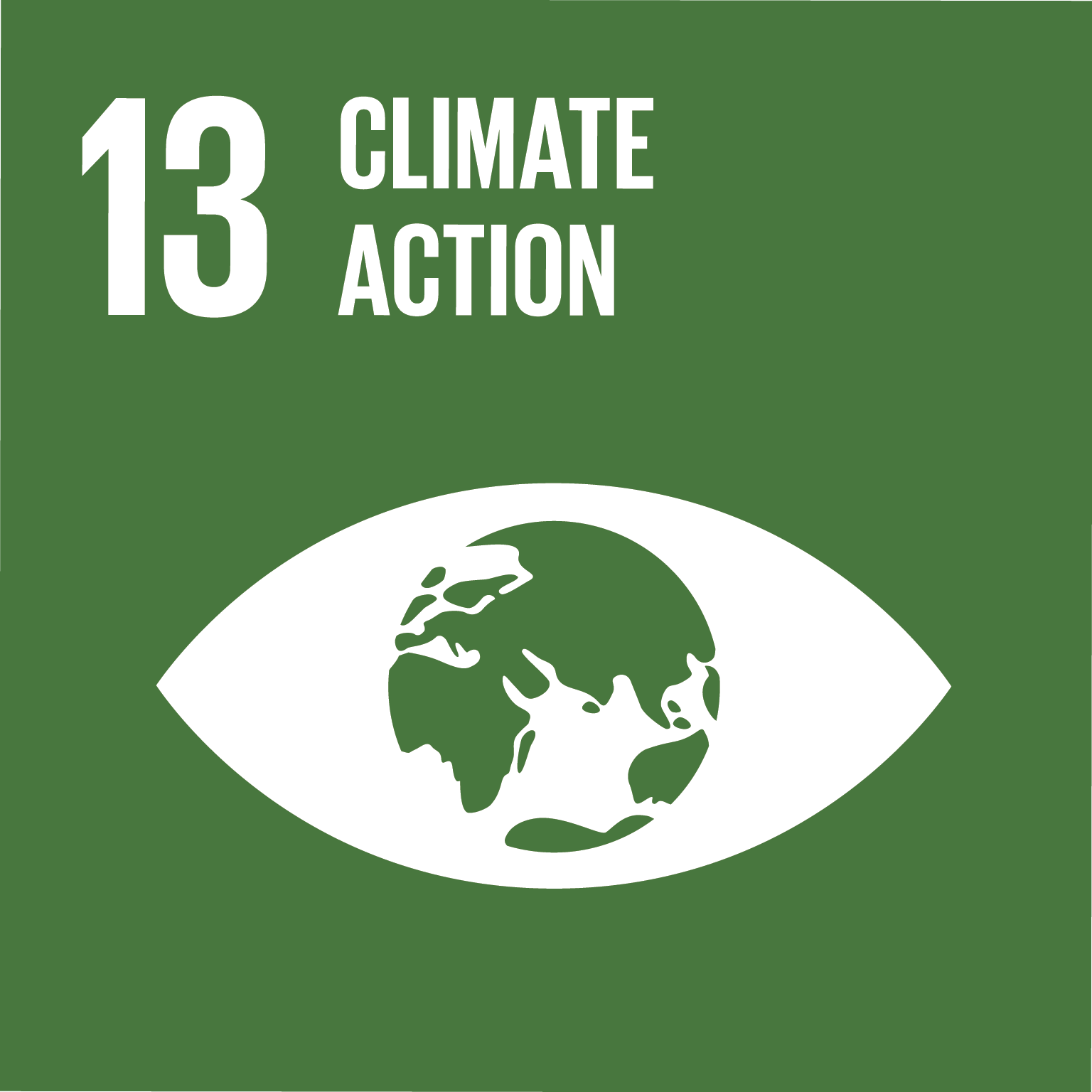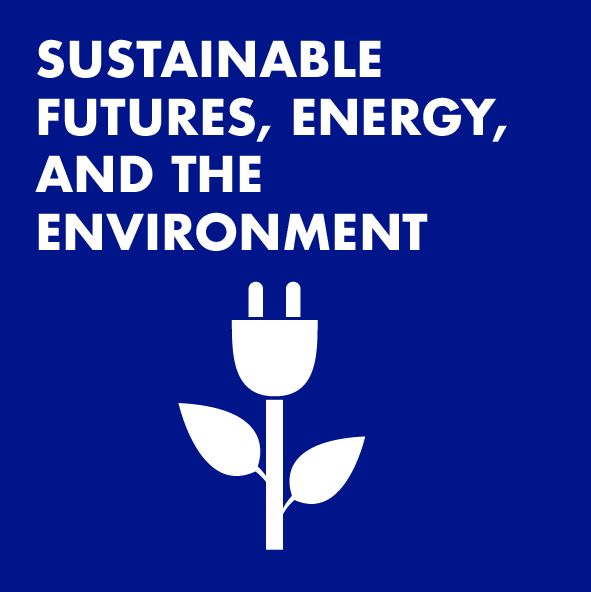The Challenge
Carbon Dioxide (CO2) and other waste gases contribute to local and global industrial Carbon Footprints, which has a direct impact on climate change and the evolving climate crisis.

Carbon Dioxide (CO2) and other waste gases contribute to local and global industrial Carbon Footprints, which has a direct impact on climate change and the evolving climate crisis.
Dr Preedy is based at the Energy Safety Research Institute (ESRI) and is part of the Reducing Industrial Carbon Emissions (RICE) project. Her research focuses on using waste carbon dioxide to help grow algae to clean up waste fumes from local industry.
To combat the emissions, Dr Preedy, along with her fellow researchers at RICE, will design, build and employ an Integrated Bio-refinery.
The bio-refinery will use microalgae (grown and circulated through tall tubes held in frames) to consume nitrates, phosphates and CO2 found in industrial, domestic, and agricultural waste to produce useful high-value products.
As trees and plants can capture CO2 for photosynthesis, so can algae which has an ability to capture and re-use up to 1.8 kg of CO2 per kilogram of algal biomass.
The more algae that can be grown means the more CO2 that can be captured from the waste emissions and the more products that can be harvested and produced from the plant material.
Reduced Industrial Carbon Emissions (RICE) Operation has been partly funded by the European Regional Development Fund through the Welsh Government.
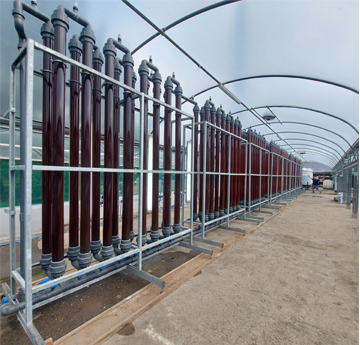
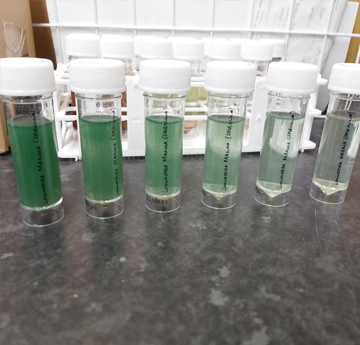
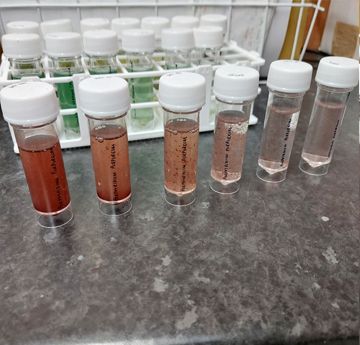
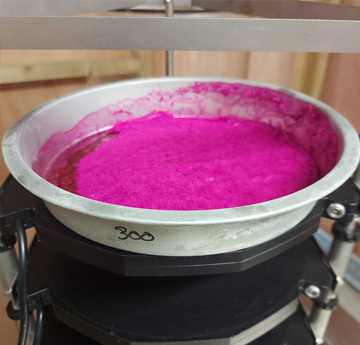
Greener processes and a reduced Carbon footprint
High-value products
